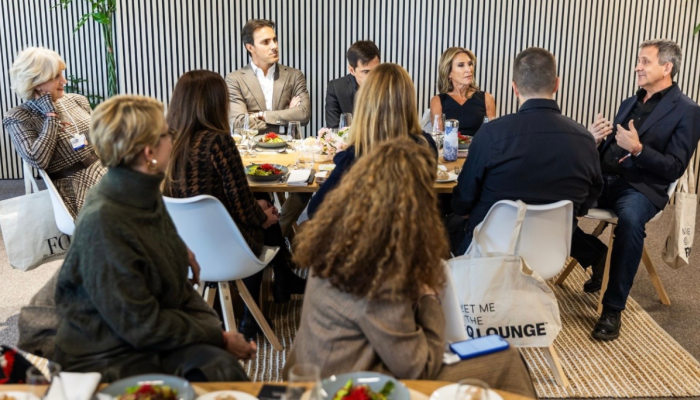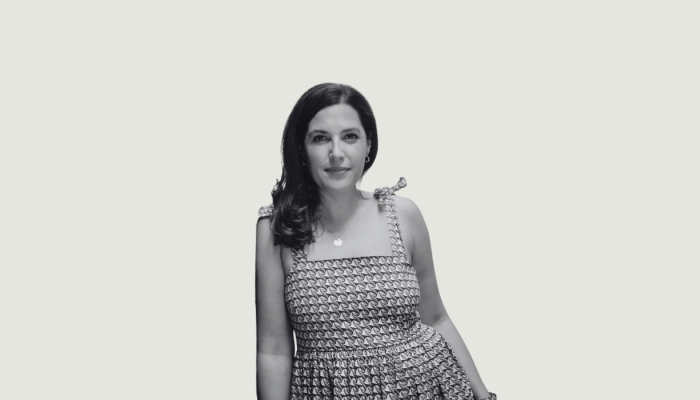Depending on how long you’ve worked in marketing, you’ll likely have heard this phrase quite a bit. Or more likely, quite a lot. It’s a phrase typically used when tough decisions have to be made - decisions that often have far and wide-reaching transformational impact on businesses and their employees.
And at no time have these decisions had to be made more than in the past year. 2020 meant that business transformation - a hot topic of conversation for a long time now - suddenly had to happen in days and weeks, not years. Entire businesses changing the way they work and, in many instances, the work they do - adapting, diversifying - seemingly overnight.
But not all successfully, with many of the world’s biggest marcomms businesses unable to adapt quickly enough and feeling the pain intensely, for example, WPP posting a £2.8bn pre-tax loss for 2020. However, in the world of B2B, I’d say the effect has been completely the opposite.
In the past twelve months, B2B has seen meteoric growth. Look at any report published by the big consultancies and you’ll see the numbers trending up in almost every country with many agencies posting upwards of 30 per cent profit growth. The Croc itself has seen its turnover increase from £3.5 million in 2018 to £19 million this year.
Even clients are singing our praises. Last month research from Appetite Creative Solutions showed that 8 in 10 (82%) marketers see B2B as a vital driving force for new business, with most (93%) considering or already activating digital ad campaigns.
And there are many reasons for this. Not only have established B2B categories seen huge growth (most B2B agencies’ key clients are massive tech, financial and Sass brands, which when the world is going south, are the brands that go north), but lesser-thought-of B2B categories emerged and grew, for example, the chemicals sector - where demands for PPE and hand-sanitiser exploded overnight.
Or look at B2B businesses like Zoom. After it became one of the saviours of the business world its sales soared 326% to $2.6bn in 2020.
It’s not just how much businesses are spending though, it’s how they’re spending it, too. A recent McKinsey report showed that most buyer/seller interactions have shifted to remote with only about 20 per cent of B2B buyers saying they hope to return to in-person sales - even in sectors where field-sales models have traditionally dominated, such as pharmaceutical and medical products.
B2B brands have also always been early adopters of digital transformation, which not only meant that they were better able to navigate those enforced transitions that Covid brought about but also already owned mature marketing stacks and banks of high-value big data they were able to apply to their annual marketing strategies.
But, while the growth of the sector can (and should) be applauded, there’s been a more interesting and softer shift in B2B that has been just as critical to this growth - one we’ve all been privy to but haven’t spoken about much other than in our own circles; the exposure to the other side of the people who work in B2B: Their home lives. Their personal lives. Their not-at-the-office-today lives.
While it’s been fascinating gaining an almost voyeuristic peek into where people live when they’re not at the office, what’s been most interesting is the new dynamic the new abnormal has created.
The conversations about things that wouldn’t normally have happened - such as the carefully curated artwork often adorning people’s walls, the children who’ve taken it upon themselves to walk in mid-Zoom meeting or the calls that are no longer confined to the office, but instead, happen during daily walks along the local footpath.
This new dynamic hasn’t only given us a new perspective of our colleagues, associates and peers, it’s also given us all an extremely valuable introspection into our own lives.
To reassess and redefine what’s important. To better understand how to shape work around our own lives - rather than our lives around work while prioritising our time and focus on what’s important - and what isn’t.
While the impact of Covid has placed many restrictions on so many, in some ways it’s helped the world of business become more open, more free and more, well, personal, meaning that the age-old phrase ‘it’s not personal, it’s business’ couldn’t feel more out of place or at odds with the new and improved world of B2B we’re all experiencing.



